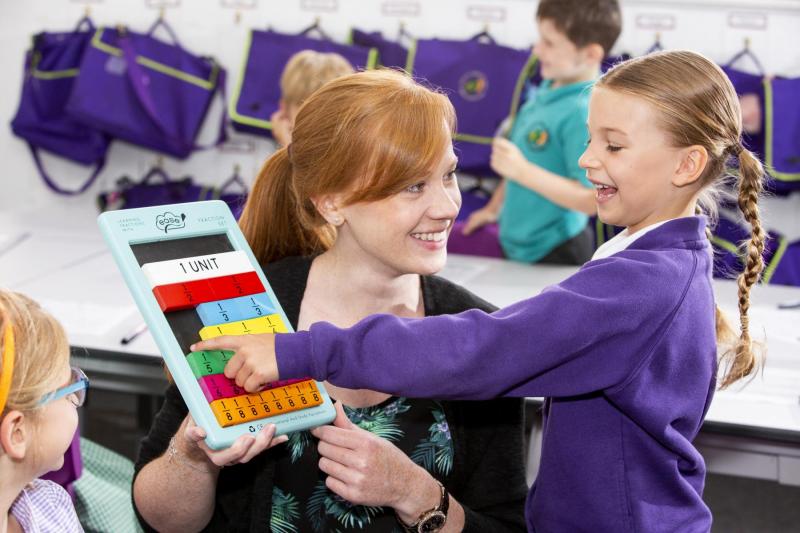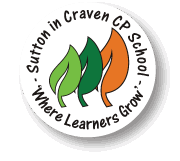
Intent
At Sutton CP School, we believe that an ability to use mathematics is fundamental to understanding the world and is important for all aspects of life. Our mathematics curriculum has been developed to with the aim that every child can achieve excellence in Maths with enthusiasm and positive approach.
Our curriculum has been developed using evidence from NCETM and our Regional Maths Hub. All year groups (R-Year 6) follow a mastery approach in line with their year group expectations. This means all children are supported to progress together as a class group, according to the expectations of the National Curriculum.
This approach provides pupils with a deep understanding of the subject through a concrete, pictorial and abstract approach. This ensures pupils fully understand what they are learning. Challenges are set for children who grasp concepts quickly and support is given to those children who need it.
As the National Curriculum details, we expect that children will become fluent in the fundamentals of maths, can use these skills to reason mathematically and can apply such skills to solving problems that are both routine and non-routine.
We value the importance of children being able to apply their knowledge of mathematics across the curriculum to other subjects and we ensure that children are given such opportunities. We also use the local area to provide different circumstances so children can experience mathematical learning outside the classroom.
Opportunities are carefully planned to enable connections to be developed between the Maths we learn at school and applying it to real life contexts.
Implementation
The planning structure for each year is based upon National Curriculum 2014 and uses the scheme of learning from White Rose Maths as a basis. This curriculum is supplemented by the Mastering Number Program in Reception, Year 1 and Year 2. Classes also use other resources to support Maths teaching such as the North Yorkshire Maths Hub Times Tables approach in years 3 and 4 and the use of Testbase questions in years 5 and 6. Maths topics are taught in blocks to give children the opportunity to fully consolidate learning and develop a depth of understanding before moving on. Opportunities to recap and revist prior skills are included in all lessons.
Teachers plan a daily lesson that follows a small-steps progressive approach. They also practise mental mathematics skills which revise and revisit learning on a regular basis.
Impact
Each unit of maths work begins by ascertaining the children’s prior knowledge and any connected knowledge held in their long term memory. Any misconceptions that arise throughout the unit are identified and address appropriately. Children continue to recall their knowledge throughout a unit in order to ensure an alteration in long term memory. The curriculum provides sufficient opportunities for planned revisits of previously learned knowledge, concepts and procedures; this is to ensure that, once learned, knowledge becomes deeply embedded in pupils’ memories.
Teachers use a variety of assessment methods to review pupils' progress. For example - pupils’ contributions in lessons, work in their books, data from end of term formative assessments and end of year tests. Progress & attainment is recorded and reported to SLT through pupil progress meetings. Other adults in class are effectively deployed to support teaching and learning and support specific target groups identified by the class teacher.
The Maths subject leader monitors the quality of teaching and learning through: lesson observations, professional dialogue, tracking data and through the recording of the impact of actions from the school development plan. Our Maths subject lead also works as a Maths Mastery Specialist for the West Yorkshire Maths hub which enables our school to be at the forefront of the latest developements in maths teaching as well as working with and sharing best practice with other local schools.

